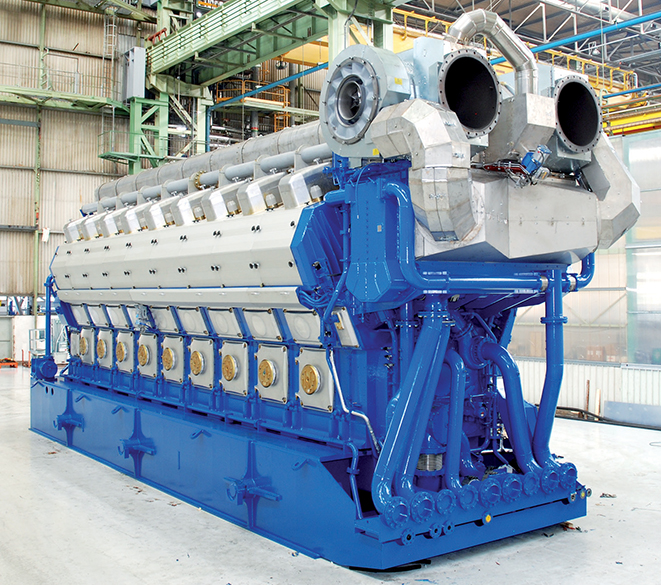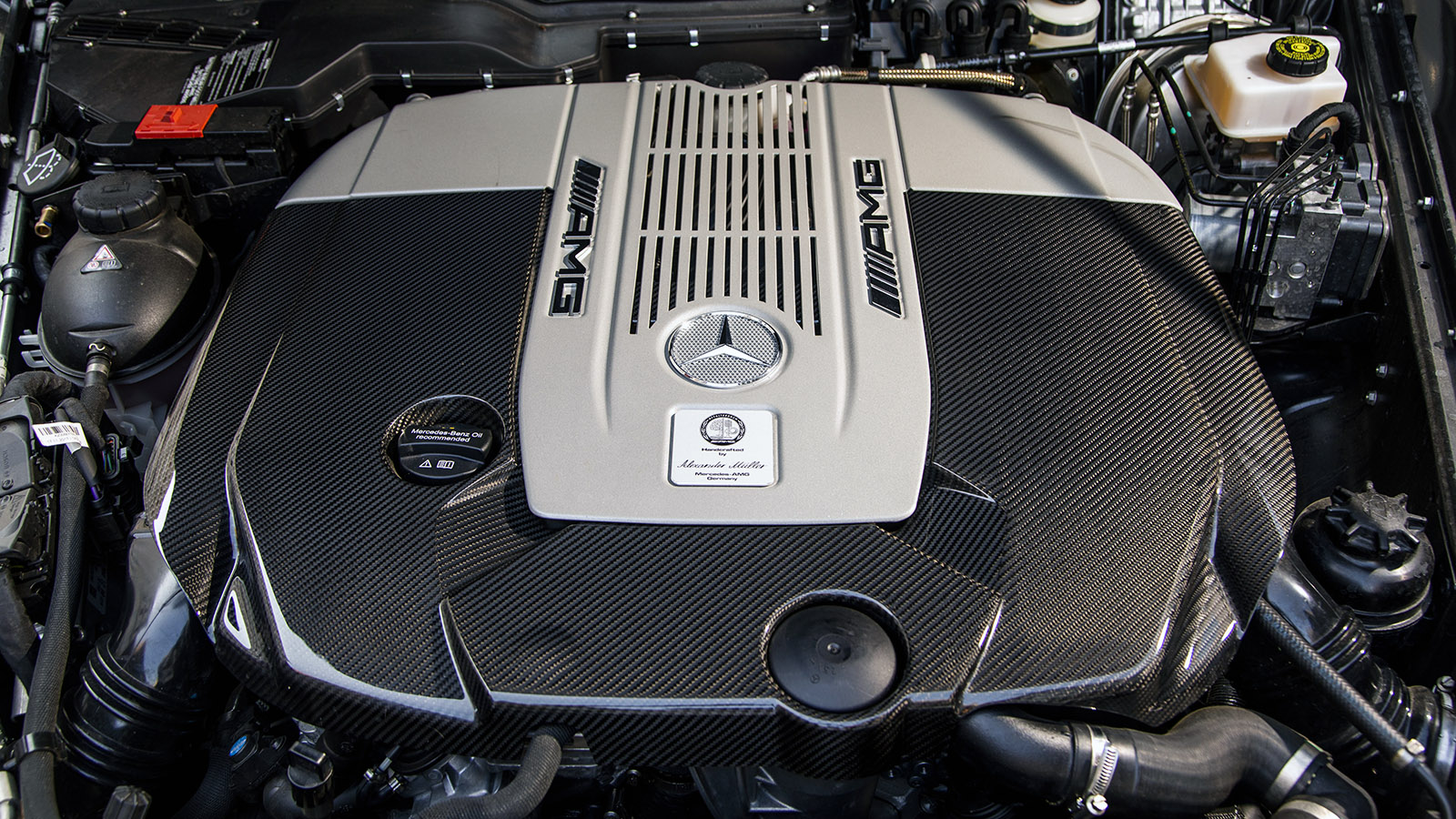Why Pick Engines For Africa for Reliable Motors
Why Pick Engines For Africa for Reliable Motors
Blog Article
Explore a Wide Variety of Engines for every single Car and Purpose
The automobile landscape is increasingly intricate, with a varied variety of engine types designed to meet specific efficiency and effectiveness needs throughout numerous automobile classifications. Additionally, sturdy engines serve the needs of work cars, while environmentally friendly choices are acquiring grip in the search of lasting transportation.
Kinds of Automotive Engines
Automotive engines can be categorized into a number of unique types, each designed to meet certain efficiency and performance requirements. The most usual classifications include inner combustion engines, electric engines, and crossbreed systems.

Electric engines, on the other hand, run on electric power stored in batteries, providing immediate torque and zero emissions. These engines are becoming significantly prominent due to advancements in battery innovation and the expanding emphasis on sustainability.
Hybrid systems combine both interior combustion and electrical engines, making it possible for automobiles to enhance fuel efficiency and decrease emissions by seamlessly switching in between source of power. Each engine type offers its advantages and downsides, affecting elements such as vehicle design, meant usage, and market demand. When choosing the appropriate engine for their particular requirements., comprehending these differences is crucial for consumers and manufacturers alike.
Efficiency Engines for Sports Cars
Efficiency engines for cars are particularly crafted to provide enhanced speed, dexterity, and power, establishing them in addition to standard automobile engines. These engines often use advanced modern technologies such as turbocharging, supercharging, and variable shutoff timing to optimize efficiency and responsiveness.
Usually, performance engines are designed with higher compression ratios, which allow for better energy removal from gas. This leads to excellent horse power and torque figures, making it possible for rapid acceleration and greater full throttle. Furthermore, the light-weight products made use of in these engines, such as aluminum and carbon fiber, add to lowered total automobile weight, improving handling and ability to move.
Engine configurations like V6, V8, and even hybrid systems prevail in performance sports automobiles, each offering unique benefits in terms of power shipment and driving characteristics. The adjusting of these engines is additionally vital; several producers optimize the engine management systems to provide a thrilling driving experience, commonly including sporting activity modes that adjust throttle reaction and gear changes.
Reliable Engines for Daily Commuters
In the world of daily commuting, reliable engines play a vital role in maximizing fuel economic climate and lessening discharges while supplying reputable performance. As city populations expand and ecological concerns increase, the demand for cars equipped with reliable powertrains has actually surged.
Modern engines developed for everyday travelers usually incorporate technologies such as turbocharging, straight fuel shot, and hybrid systems. Turbocharging boosts engine efficiency forcibly more air into the burning chamber, permitting smaller sized, lighter engines that do not jeopardize power output. Direct gas injection enhances fuel atomization, leading to far better combustion and boosted efficiency.
Crossbreed engines, incorporating interior combustion with electric power, further increase fuel economic climate, specifically in stop-and-go web traffic, where conventional engines can experience inefficiencies. Electric motors help throughout acceleration and can run individually at low rates, lowering general gas usage.
Additionally, innovations in engine management systems and light-weight materials add significantly to reliable engine layout. By concentrating on efficiency, longevity, and ecological sustainability, makers proceed to deliver engines that not only fulfill the demands of everyday travelling yet also line up you can try these out with international efforts to reduce carbon footprints.
Heavy-Duty Engines for Job Vehicles
Heavy-duty engines for work vehicles are routinely crafted to deliver extraordinary torque and reliability under demanding conditions. These engines are developed to carry out in atmospheres where conventional engines might falter, such as building and construction websites, logging operations, and farming settings. The main focus of durable engines is their ability to create high degrees of power while maintaining durability over expanded periods of procedure.
Generally, heavy-duty engines use advanced products and robust building methods to stand up to the rigors of heavy work. Features such as reinforced cyndrical tube blocks, improved cooling systems, and progressed fuel injection modern technologies add to their efficiency. These engines frequently run at reduced RPMs, which aids to maximize fuel performance while supplying the necessary power for transporting and towing.
In addition to mechanical robustness, durable engines are commonly outfitted with advanced electronic control units (ECUs) that take care of efficiency, emissions, and diagnostics. This combination enables much better tracking and upkeep, ensuring that job automobiles remain operational and efficient.
Eventually, heavy-duty engines are an important element in the productivity of various sectors, supplying the necessary power and reliability to tackle the toughest of tasks.
Eco-Friendly Engine Options
The growing emphasis on sustainability has caused the advancement of environment-friendly engine alternatives that prioritize lowered discharges and improved gas effectiveness. These engines are made to minimize the ecological effect of automobiles while still delivering the performance and dependability expected by customers.
Among the most noteworthy eco-friendly alternatives are hybrid and electrical engines. Hybrid engines integrate conventional internal combustion engines with electrical propulsion, permitting for reduced fuel usage and reduced greenhouse gas emissions. Electric engines, on the various other hand, run completely on battery power, creating zero tailpipe emissions and adding to cleaner air quality.
One more promising advancement is the advancement of biofuel engines, which use renewable sources, such as plant products, to power automobiles (Engines For Africa). By utilizing biofuels, these engines can click here for more info lower dependence on fossil fuels and lower total carbon footprints

As the automobile sector evolves, green engine alternatives will play an essential duty in driving the shift in the direction of more sustainable transportation solutions.
Verdict
From high-performance engines that enhance sporting activities vehicle capacities to efficient models prioritizing fuel economy for daily commuters, each kind offers a specific function. Durable engines provide to robust work automobiles, while eco-friendly options, such as electric and biofuel engines, promote lasting transport.

Report this page